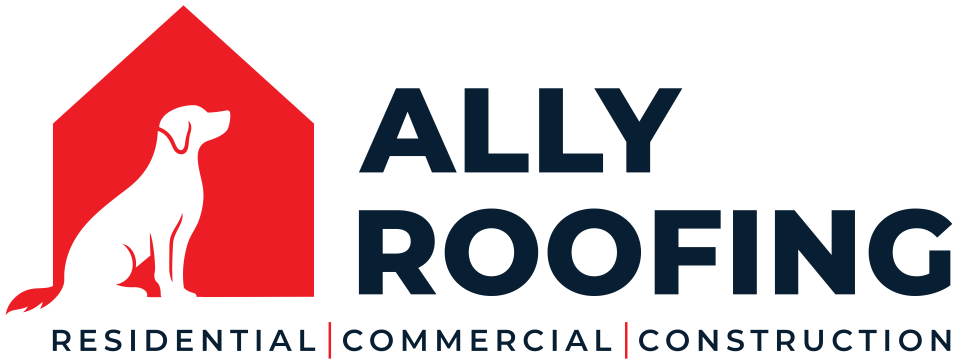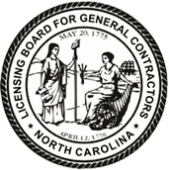The kitchen contains many hazards and is where most house fires originate. For that, it may be the most dangerous place in your house. The majority of these fires are caused from cooking and can do a devastating amount of damage. To prevent a kitchen fire and maintain a hazard-free kitchen, here are a few safety tips to follow:
Oven and Stove
- Make sure to keep the oven and range clean. This will help prevent residual grease and food from catching fire. Be thorough;
- Practice caution while cooking by keeping pot handles away from the stove edge. You should refrain from wearing long, loose sleeves, and always make sure the stove is off when not in use;
- Keep flammable materials away from the range;
- Never have flammable liquids or hang combustibles near the range. A small spark could ignite the vapors and cause a fire.
Microwave and Appliances
- Make sure all vents inside the microwave are clear of obstruction;
- Never put foil or other metals inside of a microwave;
- Refrain from overloading outlets;
- Replace all broken or worn wiring;
- Keep all cords on the counter to avoid accidentally pulling them down;
- Only those appliances which have been tested and approved by a recognized testing facility should be used.
A Few Additional Tips
- You should place a fire extinguisher for use in your kitchen. Make sure someone in the household is capable of using it just in case it is ever necessary;
- If you happen to have small children, then it is best to store cleaning products and chemicals in a place out of their reach;
- Be sure there is a working smoke detector in your kitchen and that it is regularly maintained.
After a Kitchen Fire
Sometimes the precautions we take just aren’t enough and disaster strikes when least expected. Should a kitchen fire occur, once you’re able to put it out, you’ll more than likely be left with post-fire clean up. The devastation from a kitchen fire can be extensive. In such a case, it may be cause for a fire damage restoration professional to step in and help.
Practice Caution & Document the Damages
Before you reenter your kitchen, be cautious as there may still be unseen damage. Problems with electrical work or gas lines can have very serious consequences so it’s best to wait until an inspector has time to do a safety check.
Once you’re able to safely return to your kitchen, make sure to document all damages prior to cleaning. Take pictures and make lists for your insurance claim and file as soon as possible to quickly receive an estimate. Do not begin cleaning until the assessment has been completed and the insurance adjuster gives the go ahead.
Clean Up After a Kitchen Fire
It may be in your best interest to simply have a professional come clean up the fire damage. They have powerful cleaning tools and advanced techniques at their disposal in order to speed up the recovery process. But even so, you can still help in the cleaning prior to the experts’ arrival. Just make sure to follow these precautions:
- Ensure your safety by wearing protective gear such as masks, boots, and clothing that covers your full person (long sleeves and pants);
- Open all windows to promote airflow releasing the smoke and odors outdoors;
- Salvage all valuables that can be saved and dispose of those that cannot;
- Don’t eat or drink within the damaged area;
- Wipe the soot and smoke residue from metallic surfaces;
- To clean plastic or painted surfaces, use an alkaline-based detergent;
- Change out the air filter in the exhaust fan.
It is highly recommended to call a professional restoration team to clean up the fire damage. They will have better equipment and cleaning products to ensure an effective and thorough cleaning. It’s your best bet at restoring your kitchen to pristine condition.
It always pays to be well prepared for whatever the future brings. This is also why you should have a restoration company you know and trust. Mission Restorations has experts in fire, water, and mold restoration. If ever in need of services, don’t hesitate to call the best damage restoration team in Charlotte and its surrounding areas at 704-727-2000.



